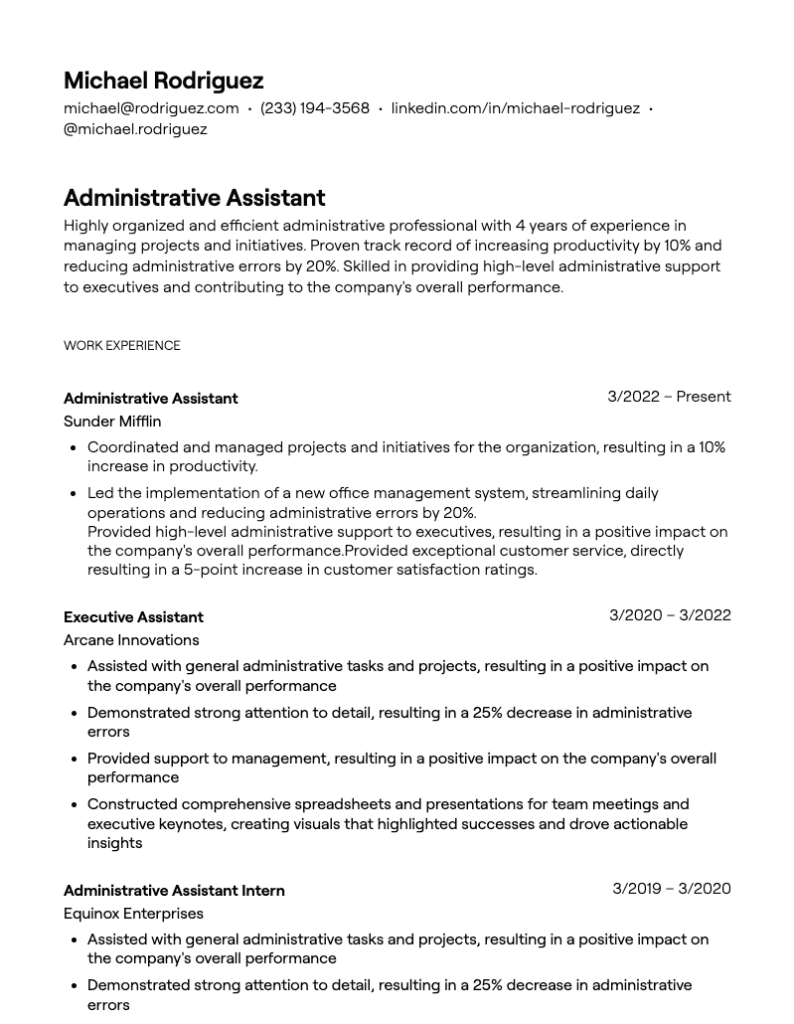You rely on your system to keep your business running smoothly, but what happens when glitches and technical issues disrupt your operations? That’s where “NC: Ensuring A Smooth-Running System With Professional Services” comes in. With a team of highly skilled professionals, NC offers specialized services to ensure that your system runs efficiently and effectively, minimizing downtime and maximizing productivity. From troubleshooting and maintenance to software upgrades and security measures, NC has all your system needs covered. Don’t let technical hiccups hinder your success – trust NC to keep your system running smoothly.

What is NC?
NC stands for Numeric Control, which is a technology widely used in the automation of machine tools. It involves the use of computer programs to control the movement and operation of these machines. NC has revolutionized the manufacturing industry, allowing for more accurate and efficient production processes.
Definition of NC
Numeric Control, or NC, is a technology that uses computer programs to control the operation and movement of machine tools. By converting digital instructions into mechanical actions, NC enables precise and automated manufacturing processes.
Importance of NC in a system
NC plays a vital role in the manufacturing industry, as it offers several key benefits. Firstly, it improves the accuracy of the manufacturing process, ensuring that products are produced with high precision and consistency. Additionally, NC allows for increased productivity by automating repetitive tasks and reducing human error. Moreover, NC enables complex designs and shapes to be achieved with ease, expanding the possibilities for product customization. NC technology has become an integral part of modern manufacturing systems, enhancing efficiency, accuracy, and flexibility.
Benefits of Professional Services in NC
When implementing NC technology in a manufacturing system, seeking professional services can greatly enhance the overall performance and effectiveness of the system. Here are some of the key benefits that professional services provide:
Enhanced system performance
Professional service providers have the expertise to optimize and fine-tune the NC system to achieve maximum performance. They understand the intricacies of the technology and can identify and address any potential bottlenecks or inefficiencies.
Reduced downtime
With professional services, you can minimize system downtime by implementing effective maintenance strategies and troubleshooting techniques. This ensures that your manufacturing process remains uninterrupted and your productivity levels remain high.
Improved security
Professional service providers have a deep understanding of cybersecurity measures and can help you implement robust security protocols to protect your NC system from cyber threats. They can also ensure that your system is up-to-date with the latest security patches and updates.
Expertise and specialized knowledge
Professional service providers have extensive experience working with NC systems and possess specialized knowledge of the technology. Their expertise allows them to tackle complex issues and provide tailored solutions for your specific needs.
Time and cost savings
By outsourcing professional services, you can save valuable time and resources. Instead of spending your own resources on training and troubleshooting, you can rely on professionals who can efficiently handle these tasks, allowing you to focus on your core business operations.
Key Components of NC Professional Services
To fully leverage the benefits of professional services for your NC system, it is essential to understand the key components that these services encompass:
System assessment and analysis
Before implementing any changes or improvements, a thorough assessment and analysis of your current NC system is conducted. This helps identify any weaknesses or areas of improvement that need to be addressed.
Implementation and integration
Once the assessment is complete, the professional service provider takes charge of implementing and integrating the necessary changes to your NC system. This involves deploying new hardware and software, configuring system settings, and ensuring seamless data flow between different components.
Training and support
Professionals services include comprehensive training programs to ensure that your team is well-equipped to operate and maintain the updated NC system. Ongoing support and assistance are also provided to address any queries or issues that may arise during the transition period.
Regular maintenance and updates
To maintain the optimal performance of your NC system, professional service providers offer regular maintenance services. This includes identifying and resolving system issues, applying necessary security patches and updates, and optimizing performance to keep up with evolving technologies.
Performance monitoring and optimization
Professional services also involve continuous monitoring of the NC system’s performance to identify bottlenecks and inefficiencies. This enables the service provider to implement performance improvements and optimize system resources for better productivity and efficiency.
Importance of System Assessment and Analysis
System assessment and analysis are crucial steps in the professional services process for NC systems. Here are the key reasons why they are important:
Identifying current system weaknesses
A comprehensive assessment allows professional service providers to identify any weaknesses or vulnerabilities in your current NC system. By addressing these weaknesses, the overall performance and reliability of the system can be significantly improved.
Evaluating system requirements
System assessment helps in evaluating the specific requirements of your manufacturing process. This includes understanding the complexity of your operations, the types of materials being processed, and the desired output. By understanding these requirements, professional service providers can tailor their solutions to meet your unique needs.
Determining necessary improvements and optimizations
Through analysis, professional service providers can identify the areas where improvements and optimizations are required. This could include modifications to hardware or software components, streamlining workflows, or implementing automation features.
Creating an action plan
Based on the assessment and analysis, professional service providers develop a detailed action plan. This plan outlines the steps that need to be taken to address the identified weaknesses and make necessary improvements. It provides a roadmap for implementing the changes needed to enhance the performance and efficiency of your NC system.

Roles of Implementation and Integration
The implementation and integration stage of professional services plays a crucial role in successfully upgrading your NC system. Here are the key responsibilities involved:
Deploying new hardware and software
Professional service providers handle the installation and deployment of new hardware and software components required for the upgraded NC system. They ensure that all necessary equipment is correctly installed and configured for optimal performance.
Configuring and customizing the system
Professional service providers work closely with your team to configure and customize the NC system according to your specific requirements. This involves adjusting machine settings, fine-tuning software parameters, and integrating any existing systems or databases.
Integrating different system components
NC systems often consist of various components, such as machine tools, controllers, and software applications. Professional service providers ensure that these components are seamlessly integrated and work together cohesively to support your manufacturing process.
Ensuring seamless data flow
During the implementation and integration process, professional service providers make sure that there is a smooth flow of data between different components of the NC system. This ensures that information is accurately exchanged, preventing any data discrepancies or errors that could impact the manufacturing process.
Training and Support for Successful Implementation
Effective training and support are vital for a successful implementation of the upgraded NC system. Here’s how professional service providers ensure a smooth transition:
Providing comprehensive training programs
Professional service providers offer comprehensive training programs to ensure that your team members understand how to operate and maintain the upgraded NC system. This includes training on the use of new hardware and software components, as well as best practices for system optimization.
Offering ongoing support and assistance
Even after the initial implementation, professional service providers offer ongoing support and assistance. They provide a point of contact for any questions or issues that arise, ensuring that you have the necessary support to maximize the benefits of the upgraded NC system.
Addressing user queries and issues
Professional service providers are equipped to address any user queries or issues that may arise during the transition to the new system. They have the knowledge and experience to troubleshoot and resolve problems, minimizing any disruptions to your manufacturing process.
Ensuring smooth transition to the new system
By providing comprehensive training and ongoing support, professional service providers ensure a smooth transition to the upgraded NC system. They work closely with your team to address any challenges or concerns, helping your organization fully leverage the benefits of the improved system.

Importance of Regular Maintenance and Updates
Regular maintenance and updates are essential for keeping your upgraded NC system in optimal condition. Here’s why they are important:
Identifying and resolving system issues
Regular maintenance allows professional service providers to identify and address any system issues before they escalate. By conducting routine checks, any potential problems can be proactively resolved, minimizing downtime and ensuring the smooth operation of your manufacturing process.
Applying security patches and updates
In today’s rapidly evolving technological landscape, cybersecurity threats are a constant concern. Regular maintenance includes applying security patches and updates to your NC system, ensuring that it remains protected against potential vulnerabilities and cyber attacks.
Optimizing system performance
Over time, system performance can degrade due to factors like wear and tear, storage limitations, or outdated software. Regular maintenance allows professional service providers to optimize the performance of your NC system by addressing these issues. This leads to improved efficiency, accuracy, and productivity.
Ensuring system compatibility with new technologies
Technologies and industry standards are constantly evolving. Regular maintenance ensures that your NC system remains compatible with the latest technological advancements. This allows you to stay competitive in the market and take advantage of new features and capabilities as they become available.
The Role of Performance Monitoring and Optimization
Continuous monitoring and optimization of your NC system are essential for maintaining its optimal performance. Here’s how professional service providers accomplish this:
Continuous monitoring of system performance
Professional service providers employ sophisticated monitoring tools to continuously track and analyze the performance of your NC system. This includes monitoring key metrics such as processing speed, accuracy, and machine utilization. By closely monitoring these metrics, the service provider can identify any performance issues and take proactive measures to address them.
Identifying bottlenecks and inefficiencies
Through performance monitoring, bottlenecks and inefficiencies within your NC system can be identified. This may include factors such as slow or congested data transfer, machine malfunctions, or suboptimal workflow design. By pinpointing these issues, professional service providers can implement targeted solutions to improve system performance.
Implementing performance improvements
Based on the findings of the performance monitoring, professional service providers implement targeted improvements and optimizations to enhance the overall performance of your NC system. This may involve adjusting configurations, fine-tuning software settings, or upgrading hardware components.
Optimizing system resources
Efficient utilization of system resources is essential for maximizing productivity and reducing costs. Performance optimization includes analyzing resource allocation, such as machine usage and data storage, to ensure that resources are effectively utilized. By optimizing resource allocation, professional service providers help streamline your manufacturing process, improve productivity, and reduce wastage.

Considerations When Choosing Professional Services
When selecting a professional service provider for your NC system, a few key considerations should be taken into account. These considerations include:
Expertise and industry experience
Ensure that the service provider has the necessary expertise and experience in working with NC systems. Look for providers who have a strong track record in the manufacturing industry and have successfully implemented similar projects.
Reputation and customer reviews
Research the reputation of the service provider by reading customer reviews and testimonials. Look for indicators of customer satisfaction, such as timely delivery, quality of service, and responsiveness to customer needs.
Client references and case studies
Ask the service provider for client references and case studies that demonstrate their success in implementing NC systems. This will give you insight into their capabilities and the value they can deliver to your organization.
Service offerings and pricing
Understand the specific services offered by the provider and evaluate whether they align with your requirements. Compare pricing models and ensure that the costs are transparent and reasonable for the value provided.
Availability of ongoing support
Ensure that the service provider offers ongoing support and maintenance after the initial implementation. This is crucial for addressing any future issues, upgrading the system, and keeping up with changing business needs.
Conclusion
Professional services play a significant role in ensuring the smooth operation of an NC system. By choosing the right service provider, you can unlock the full potential of NC technology and reap the benefits of enhanced system performance, reduced downtime, improved security, expertise, and specialized knowledge, as well as time and cost savings.
Investing in professional services for your NC system is a strategic decision that yields long-term value. By engaging with professional service providers, you can optimize your manufacturing processes, increase productivity, and maintain a well-functioning system that stays aligned with technological advancements. With their expertise and support, you can navigate the complexities of NC technology and elevate your manufacturing operations to new levels of success.

